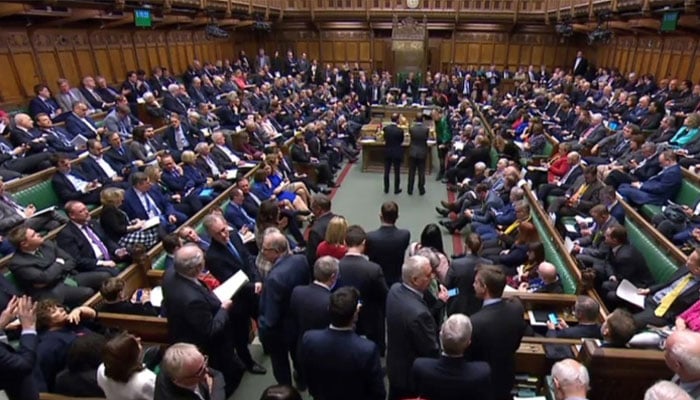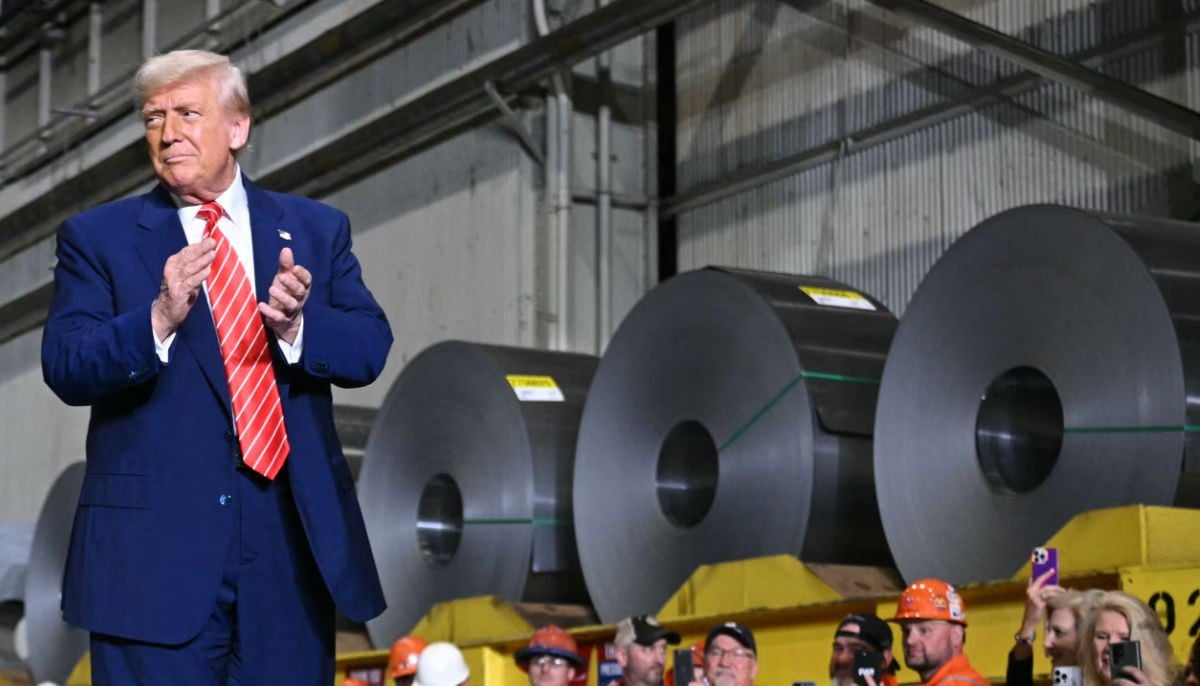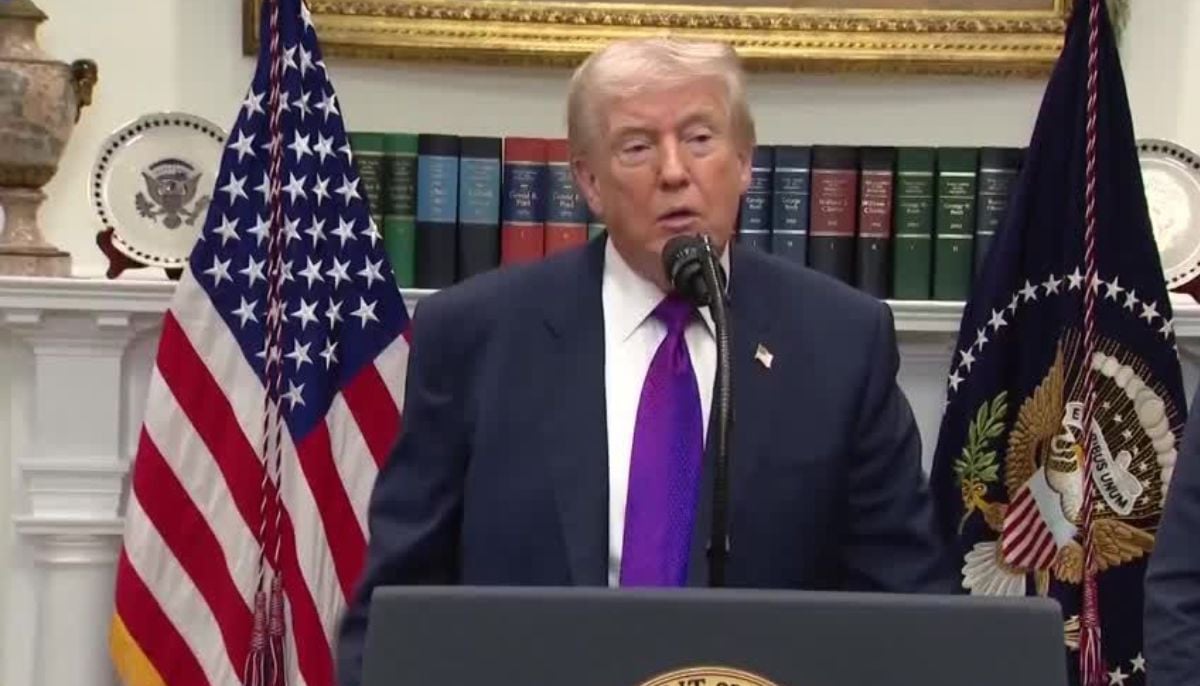British MPs vote for a Brexit postponement of at least three months
Fifteen days before the planned exit of the United Kingdom from the EU, the Parliament thus acts the fact that it is not ready, for lack of being able to reach a consensus on the form it wants to give to this rupture after 46 years of a stormy relationship.
UK MPs voted Thursday for a postponement of the Brexit date as well as a new vote on Theresa May's European withdrawal agreement with Brussels, offering the Prime Minister a breath of fresh air.
Fifteen days before the planned exit of the United Kingdom from the EU, the Parliament thus acts the fact that it is not ready, for lack of being able to reach a consensus on the form it wants to give to this rupture after 46 years of a stormy relationship.
According to the motion presented by the government, passed by 412 votes against 202, the deputies "accept that the government seeks an agreement with the European Union" for a postponement of the date of Brexit.
It provides for a short postponement, until June 30, if British officials approve the withdrawal agreement Theresa May, they have already retoqued twice but she decided to submit them again from here March 20th.
If the agreement is still stalled, then the postponement will have to go beyond June 30 and will imply that the country will participate in the next European elections in May, warned Theresa May.
This scenario of a long delay would prolong the uncertainty in which the United Kingdom has plunged since it voted to leave the European Union in June 2016. It could even mean no Brexit at all, insisted the leader. Conservative who intends to play well on this threat to rally to its agreement the eurosceptics of his Conservative Party and the deputies of the small Unionist North Irish party DUP, his ally in Parliament.
But for Labor opposition leader Jeremy Corbyn, Ms May should accept that her deal, which provides for exit from the single market and the European customs union, is not "a viable option".
The European Commission recalled Thursday evening that "any request for extension of (the period of negotiations provided for by) Article 50 requires the unanimous agreement of the 27 other member countries" and should be duly justified.
Earlier, European Council President Donald Tusk had invited the 27 to be ready to give the United Kingdom a "long extension" if it "agrees to rethink its Brexit strategy and manages to reach a consensus around it. this".
"Everything goes wrong"
Faced with a parliament that offered the spectacle of its divisions in a series of votes this week, the default scenario remains for the moment that of a Brexit without agreement to March 29, even if a majority of deputies spoke against such an outcome on Wednesday.
"The situation is serious and we must also prepare for this option that we do not want," said European negotiator Michel Barnier Thursday night at the Summit of Regions in Bucharest. "I recommend that we do not underestimate the consequences" of a "no-deal" (do not agree).
This prospect would not displease US President Donald Trump, who has pleaded in the past for a "hard" Brexit. "My government is ready to negotiate a big trade deal with the UK, the potential is unlimited!", He tweeted on Thursday.
During a meeting with Irish Prime Minister Leo Varadkar in Washington, the US president also shot several arrows against Theresa May, saying the Brexit "could have been negotiated in another way" and saying "surprised to see how bad everything is going ".
Thursday night, the British MPs also overwhelmingly rejected, by 334 votes to 85, an amendment presented by Sarah Wollaston, the Independent Group, proposing the organization of a second referendum on Brexit.
Many Labor MPs abstained from voting on the amendment, in line with the party's instructions, in contradiction with Jeremy Corbyn's announcement in February that Labor would "table or support" an amendment in favor of a second referendum.
This did not prevent him, in the evening, to affirm that a new referendum remained a "realistic option to break the deadlock", provoking a stir in the House of Commons.
-
Columbia university sacks staff over Epstein partner's ‘backdoor’ admission
-
Ohio daycare worker 'stole $150k in payroll scam', nearly bankrupting nursery
-
Michelle Yeoh gets honest about 'struggle' of Asian representation in Hollywood
-
US, China held anti-narcotics, intelligence meeting: State media reports
-
Goldman Sachs’ top lawyer resigns over Epstein connections
-
Manhunt continues for suspect who killed 2 at South Carolina State University
-
Trump considers scaling back trade levies on steel, aluminium in response to rising costs
-
Trump revokes legal basis for US climate regulation, curb vehicle emission standards












